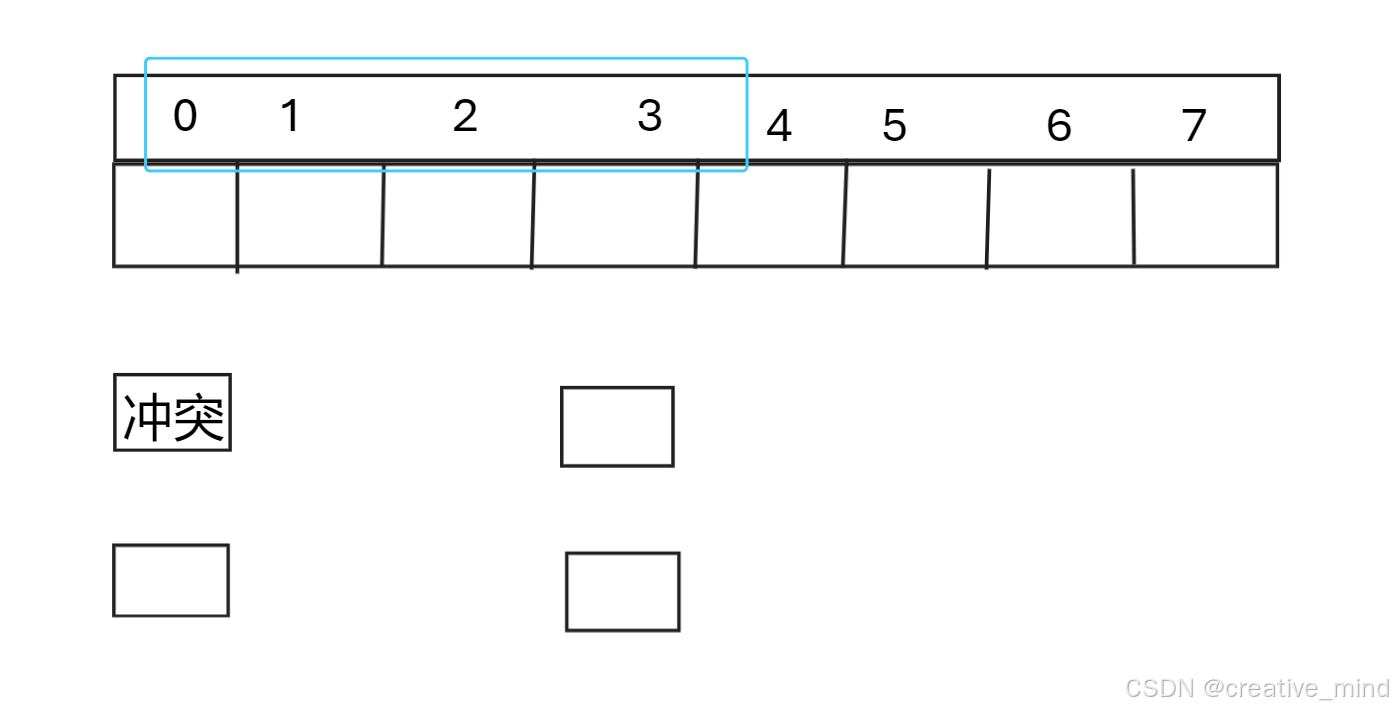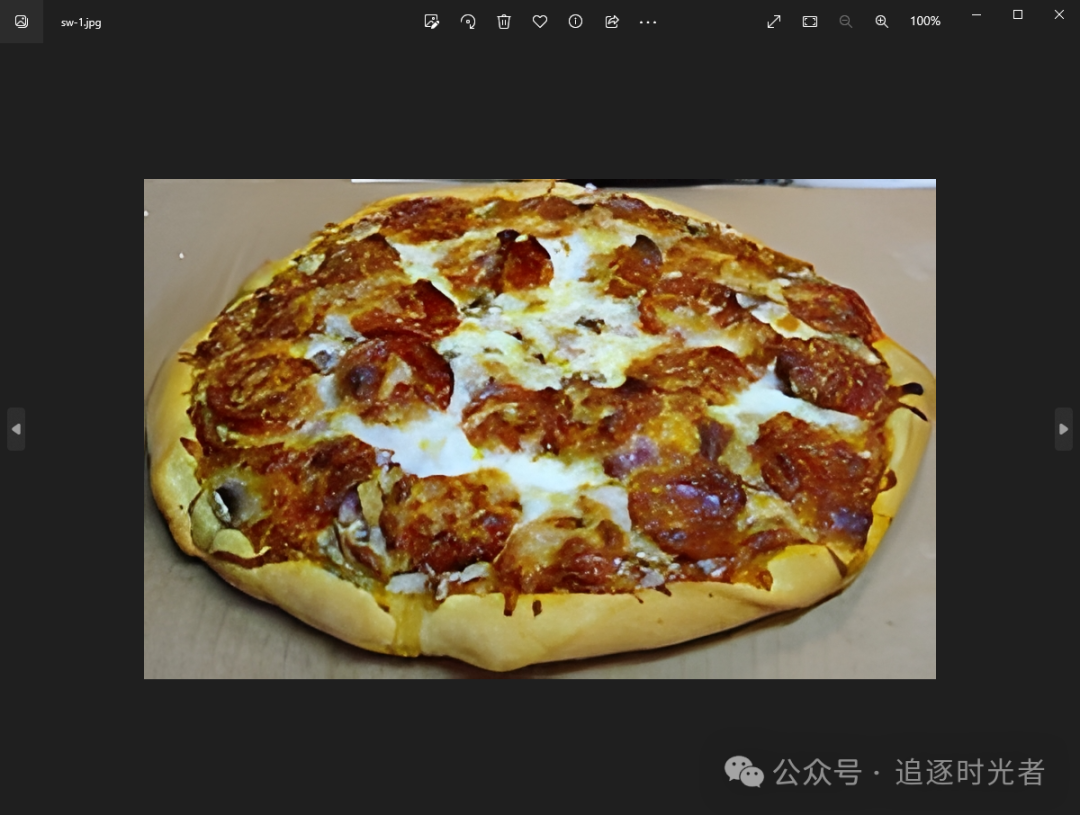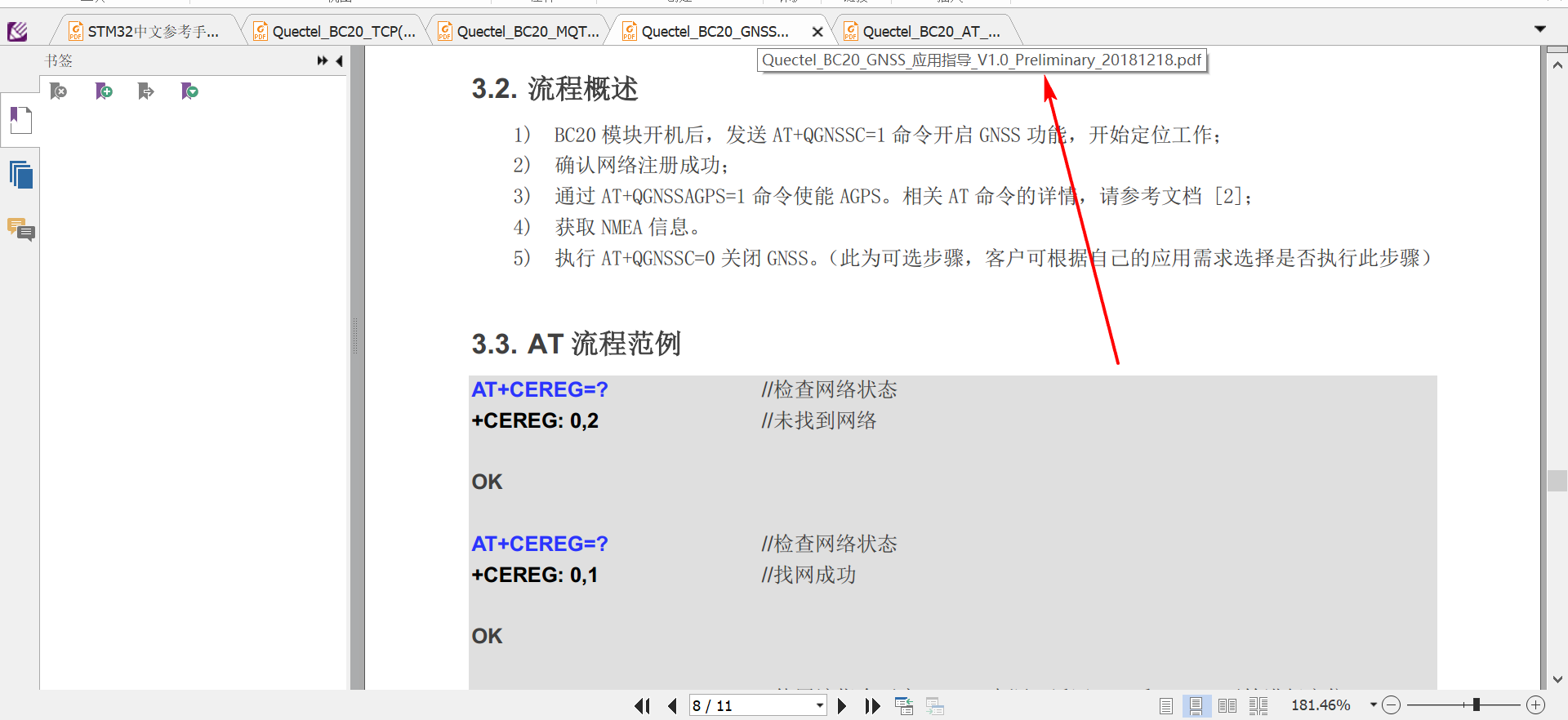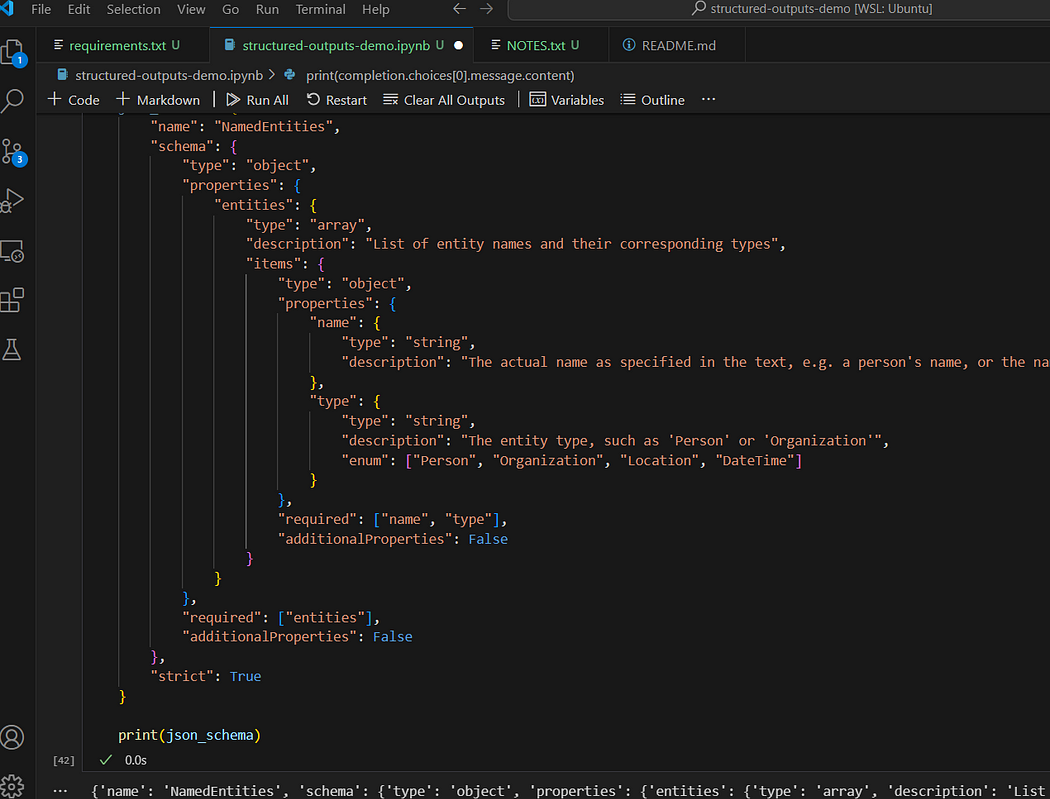实验介绍
本次实验是关于pcf8563 RTC模块的驱动移植,大致流程如下:
- 注册i2c设备驱动
- 编写RTC设备驱动
- 将device和driver驱动部署到开发板并装载,通过hwclock命令来测试
模块连接
VCC接Pin2,GND接Pin1,SCL接Pin16,SDA接Pin18

RTC模块引脚连接关系表
| 模块 | 引脚 | GPIO |
|---|---|---|
| VCC | 2 | / |
| GND | 1 | / |
| SCL | 16 | 48 |
| SDA | 18 | 49 |
i2c-tools查看pcf8563设备地址,地址为0x51

驱动代码
pcf8563_dev.c
注册i2c_client设备,设备ID为loongson,pcf8563
#include <linux/kernel.h>
#include <linux/module.h>
#include <linux/i2c.h>static struct i2c_board_info pcf8563;
static struct i2c_client * client;#define DEV_ID_NAME "loongson,pcf8563"static const unsigned short addrs[] = {0x51, I2C_CLIENT_END};static int dev_init(void)
{struct i2c_adapter *adapter = NULL;memset(&pcf8563, 0, sizeof(struct i2c_board_info));strlcpy(pcf8563.type, DEV_ID_NAME, I2C_NAME_SIZE);adapter = i2c_get_adapter(0);client = i2c_new_probed_device(adapter, &pcf8563, addrs, NULL);i2c_put_adapter(adapter);if (client){return 0;}else{return -ENODEV;}
}static void dev_exit(void)
{i2c_unregister_device(client);
}module_init(dev_init);
module_exit(dev_exit);
MODULE_LICENSE("GPL");
pcf8563_drv.c
以下驱动来自Linux内核,只需要把i2c_device_id改成loongson,pcf8563就可以了
/** An I2C driver for the Philips PCF8563 RTC* Copyright 2005-06 Tower Technologies** Author: Alessandro Zummo <a.zummo@towertech.it>* Maintainers: http://www.nslu2-linux.org/** based on the other drivers in this same directory.** http://www.semiconductors.philips.com/acrobat/datasheets/PCF8563-04.pdf** This program is free software; you can redistribute it and/or modify* it under the terms of the GNU General Public License version 2 as* published by the Free Software Foundation.*/#include <linux/clk-provider.h>
#include <linux/i2c.h>
#include <linux/bcd.h>
#include <linux/rtc.h>
#include <linux/slab.h>
#include <linux/module.h>
#include <linux/of.h>
#include <linux/err.h>#define PCF8563_REG_ST1 0x00 /* status */
#define PCF8563_REG_ST2 0x01
#define PCF8563_BIT_AIE (1 << 1)
#define PCF8563_BIT_AF (1 << 3)
#define PCF8563_BITS_ST2_N (7 << 5)#define PCF8563_REG_SC 0x02 /* datetime */
#define PCF8563_REG_MN 0x03
#define PCF8563_REG_HR 0x04
#define PCF8563_REG_DM 0x05
#define PCF8563_REG_DW 0x06
#define PCF8563_REG_MO 0x07
#define PCF8563_REG_YR 0x08#define PCF8563_REG_AMN 0x09 /* alarm */#define PCF8563_REG_CLKO 0x0D /* clock out */
#define PCF8563_REG_CLKO_FE 0x80 /* clock out enabled */
#define PCF8563_REG_CLKO_F_MASK 0x03 /* frequenc mask */
#define PCF8563_REG_CLKO_F_32768HZ 0x00
#define PCF8563_REG_CLKO_F_1024HZ 0x01
#define PCF8563_REG_CLKO_F_32HZ 0x02
#define PCF8563_REG_CLKO_F_1HZ 0x03#define PCF8563_REG_TMRC 0x0E /* timer control */
#define PCF8563_TMRC_ENABLE BIT(7)
#define PCF8563_TMRC_4096 0
#define PCF8563_TMRC_64 1
#define PCF8563_TMRC_1 2
#define PCF8563_TMRC_1_60 3
#define PCF8563_TMRC_MASK 3#define PCF8563_REG_TMR 0x0F /* timer */#define PCF8563_SC_LV 0x80 /* low voltage */
#define PCF8563_MO_C 0x80 /* century */static struct i2c_driver pcf8563_driver;struct pcf8563 {struct rtc_device *rtc;/** The meaning of MO_C bit varies by the chip type.* From PCF8563 datasheet: this bit is toggled when the years* register overflows from 99 to 00* 0 indicates the century is 20xx* 1 indicates the century is 19xx* From RTC8564 datasheet: this bit indicates change of* century. When the year digit data overflows from 99 to 00,* this bit is set. By presetting it to 0 while still in the* 20th century, it will be set in year 2000, ...* There seems no reliable way to know how the system use this* bit. So let's do it heuristically, assuming we are live in* 1970...2069.*/int c_polarity; /* 0: MO_C=1 means 19xx, otherwise MO_C=1 means 20xx */int voltage_low; /* incicates if a low_voltage was detected */struct i2c_client *client;
#ifdef CONFIG_COMMON_CLKstruct clk_hw clkout_hw;
#endif
};static int pcf8563_read_block_data(struct i2c_client *client, unsigned char reg,unsigned char length, unsigned char *buf)
{struct i2c_msg msgs[] = {{/* setup read ptr */.addr = client->addr,.len = 1,.buf = ®,},{.addr = client->addr,.flags = I2C_M_RD,.len = length,.buf = buf},};if ((i2c_transfer(client->adapter, msgs, 2)) != 2) {dev_err(&client->dev, "%s: read error\n", __func__);return -EIO;}return 0;
}static int pcf8563_write_block_data(struct i2c_client *client,unsigned char reg, unsigned char length,unsigned char *buf)
{int i, err;for (i = 0; i < length; i++) {unsigned char data[2] = { reg + i, buf[i] };err = i2c_master_send(client, data, sizeof(data));if (err != sizeof(data)) {dev_err(&client->dev,"%s: err=%d addr=%02x, data=%02x\n",__func__, err, data[0], data[1]);return -EIO;}}return 0;
}static int pcf8563_set_alarm_mode(struct i2c_client *client, bool on)
{unsigned char buf;int err;err = pcf8563_read_block_data(client, PCF8563_REG_ST2, 1, &buf);if (err < 0)return err;if (on)buf |= PCF8563_BIT_AIE;elsebuf &= ~PCF8563_BIT_AIE;buf &= ~(PCF8563_BIT_AF | PCF8563_BITS_ST2_N);err = pcf8563_write_block_data(client, PCF8563_REG_ST2, 1, &buf);if (err < 0) {dev_err(&client->dev, "%s: write error\n", __func__);return -EIO;}return 0;
}static int pcf8563_get_alarm_mode(struct i2c_client *client, unsigned char *en,unsigned char *pen)
{unsigned char buf;int err;err = pcf8563_read_block_data(client, PCF8563_REG_ST2, 1, &buf);if (err)return err;if (en)*en = !!(buf & PCF8563_BIT_AIE);if (pen)*pen = !!(buf & PCF8563_BIT_AF);return 0;
}static irqreturn_t pcf8563_irq(int irq, void *dev_id)
{struct pcf8563 *pcf8563 = i2c_get_clientdata(dev_id);int err;char pending;err = pcf8563_get_alarm_mode(pcf8563->client, NULL, &pending);if (err)return IRQ_NONE;if (pending) {rtc_update_irq(pcf8563->rtc, 1, RTC_IRQF | RTC_AF);pcf8563_set_alarm_mode(pcf8563->client, 1);return IRQ_HANDLED;}return IRQ_NONE;
}/** In the routines that deal directly with the pcf8563 hardware, we use* rtc_time -- month 0-11, hour 0-23, yr = calendar year-epoch.*/
static int pcf8563_get_datetime(struct i2c_client *client, struct rtc_time *tm)
{struct pcf8563 *pcf8563 = i2c_get_clientdata(client);unsigned char buf[9];int err;err = pcf8563_read_block_data(client, PCF8563_REG_ST1, 9, buf);if (err)return err;if (buf[PCF8563_REG_SC] & PCF8563_SC_LV) {pcf8563->voltage_low = 1;dev_err(&client->dev,"low voltage detected, date/time is not reliable.\n");return -EINVAL;}dev_dbg(&client->dev,"%s: raw data is st1=%02x, st2=%02x, sec=%02x, min=%02x, hr=%02x, ""mday=%02x, wday=%02x, mon=%02x, year=%02x\n",__func__,buf[0], buf[1], buf[2], buf[3],buf[4], buf[5], buf[6], buf[7],buf[8]);tm->tm_sec = bcd2bin(buf[PCF8563_REG_SC] & 0x7F);tm->tm_min = bcd2bin(buf[PCF8563_REG_MN] & 0x7F);tm->tm_hour = bcd2bin(buf[PCF8563_REG_HR] & 0x3F); /* rtc hr 0-23 */tm->tm_mday = bcd2bin(buf[PCF8563_REG_DM] & 0x3F);tm->tm_wday = buf[PCF8563_REG_DW] & 0x07;tm->tm_mon = bcd2bin(buf[PCF8563_REG_MO] & 0x1F) - 1; /* rtc mn 1-12 */tm->tm_year = bcd2bin(buf[PCF8563_REG_YR]);if (tm->tm_year < 70)tm->tm_year += 100; /* assume we are in 1970...2069 *//* detect the polarity heuristically. see note above. */pcf8563->c_polarity = (buf[PCF8563_REG_MO] & PCF8563_MO_C) ?(tm->tm_year >= 100) : (tm->tm_year < 100);dev_dbg(&client->dev, "%s: tm is secs=%d, mins=%d, hours=%d, ""mday=%d, mon=%d, year=%d, wday=%d\n",__func__,tm->tm_sec, tm->tm_min, tm->tm_hour,tm->tm_mday, tm->tm_mon, tm->tm_year, tm->tm_wday);return 0;
}static int pcf8563_set_datetime(struct i2c_client *client, struct rtc_time *tm)
{struct pcf8563 *pcf8563 = i2c_get_clientdata(client);unsigned char buf[9];dev_dbg(&client->dev, "%s: secs=%d, mins=%d, hours=%d, ""mday=%d, mon=%d, year=%d, wday=%d\n",__func__,tm->tm_sec, tm->tm_min, tm->tm_hour,tm->tm_mday, tm->tm_mon, tm->tm_year, tm->tm_wday);/* hours, minutes and seconds */buf[PCF8563_REG_SC] = bin2bcd(tm->tm_sec);buf[PCF8563_REG_MN] = bin2bcd(tm->tm_min);buf[PCF8563_REG_HR] = bin2bcd(tm->tm_hour);buf[PCF8563_REG_DM] = bin2bcd(tm->tm_mday);/* month, 1 - 12 */buf[PCF8563_REG_MO] = bin2bcd(tm->tm_mon + 1);/* year and century */buf[PCF8563_REG_YR] = bin2bcd(tm->tm_year % 100);if (pcf8563->c_polarity ? (tm->tm_year >= 100) : (tm->tm_year < 100))buf[PCF8563_REG_MO] |= PCF8563_MO_C;buf[PCF8563_REG_DW] = tm->tm_wday & 0x07;return pcf8563_write_block_data(client, PCF8563_REG_SC,9 - PCF8563_REG_SC, buf + PCF8563_REG_SC);
}#ifdef CONFIG_RTC_INTF_DEV
static int pcf8563_rtc_ioctl(struct device *dev, unsigned int cmd, unsigned long arg)
{struct pcf8563 *pcf8563 = i2c_get_clientdata(to_i2c_client(dev));struct rtc_time tm;switch (cmd) {case RTC_VL_READ:if (pcf8563->voltage_low)dev_info(dev, "low voltage detected, date/time is not reliable.\n");if (copy_to_user((void __user *)arg, &pcf8563->voltage_low,sizeof(int)))return -EFAULT;return 0;case RTC_VL_CLR:/** Clear the VL bit in the seconds register in case* the time has not been set already (which would* have cleared it). This does not really matter* because of the cached voltage_low value but do it* anyway for consistency.*/if (pcf8563_get_datetime(to_i2c_client(dev), &tm))pcf8563_set_datetime(to_i2c_client(dev), &tm);/* Clear the cached value. */pcf8563->voltage_low = 0;return 0;default:return -ENOIOCTLCMD;}
}
#else
#define pcf8563_rtc_ioctl NULL
#endifstatic int pcf8563_rtc_read_time(struct device *dev, struct rtc_time *tm)
{return pcf8563_get_datetime(to_i2c_client(dev), tm);
}static int pcf8563_rtc_set_time(struct device *dev, struct rtc_time *tm)
{return pcf8563_set_datetime(to_i2c_client(dev), tm);
}static int pcf8563_rtc_read_alarm(struct device *dev, struct rtc_wkalrm *tm)
{struct i2c_client *client = to_i2c_client(dev);unsigned char buf[4];int err;err = pcf8563_read_block_data(client, PCF8563_REG_AMN, 4, buf);if (err)return err;dev_dbg(&client->dev,"%s: raw data is min=%02x, hr=%02x, mday=%02x, wday=%02x\n",__func__, buf[0], buf[1], buf[2], buf[3]);tm->time.tm_sec = 0;tm->time.tm_min = bcd2bin(buf[0] & 0x7F);tm->time.tm_hour = bcd2bin(buf[1] & 0x3F);tm->time.tm_mday = bcd2bin(buf[2] & 0x3F);tm->time.tm_wday = bcd2bin(buf[3] & 0x7);err = pcf8563_get_alarm_mode(client, &tm->enabled, &tm->pending);if (err < 0)return err;dev_dbg(&client->dev, "%s: tm is mins=%d, hours=%d, mday=%d, wday=%d,"" enabled=%d, pending=%d\n", __func__, tm->time.tm_min,tm->time.tm_hour, tm->time.tm_mday, tm->time.tm_wday,tm->enabled, tm->pending);return 0;
}static int pcf8563_rtc_set_alarm(struct device *dev, struct rtc_wkalrm *tm)
{struct i2c_client *client = to_i2c_client(dev);unsigned char buf[4];int err;/* The alarm has no seconds, round up to nearest minute */if (tm->time.tm_sec) {time64_t alarm_time = rtc_tm_to_time64(&tm->time);alarm_time += 60 - tm->time.tm_sec;rtc_time64_to_tm(alarm_time, &tm->time);}dev_dbg(dev, "%s, min=%d hour=%d wday=%d mday=%d ""enabled=%d pending=%d\n", __func__,tm->time.tm_min, tm->time.tm_hour, tm->time.tm_wday,tm->time.tm_mday, tm->enabled, tm->pending);buf[0] = bin2bcd(tm->time.tm_min);buf[1] = bin2bcd(tm->time.tm_hour);buf[2] = bin2bcd(tm->time.tm_mday);buf[3] = tm->time.tm_wday & 0x07;err = pcf8563_write_block_data(client, PCF8563_REG_AMN, 4, buf);if (err)return err;return pcf8563_set_alarm_mode(client, !!tm->enabled);
}static int pcf8563_irq_enable(struct device *dev, unsigned int enabled)
{dev_dbg(dev, "%s: en=%d\n", __func__, enabled);return pcf8563_set_alarm_mode(to_i2c_client(dev), !!enabled);
}#ifdef CONFIG_COMMON_CLK
/** Handling of the clkout*/#define clkout_hw_to_pcf8563(_hw) container_of(_hw, struct pcf8563, clkout_hw)static int clkout_rates[] = {32768,1024,32,1,
};static unsigned long pcf8563_clkout_recalc_rate(struct clk_hw *hw,unsigned long parent_rate)
{struct pcf8563 *pcf8563 = clkout_hw_to_pcf8563(hw);struct i2c_client *client = pcf8563->client;unsigned char buf;int ret = pcf8563_read_block_data(client, PCF8563_REG_CLKO, 1, &buf);if (ret < 0)return 0;buf &= PCF8563_REG_CLKO_F_MASK;return clkout_rates[buf];
}static long pcf8563_clkout_round_rate(struct clk_hw *hw, unsigned long rate,unsigned long *prate)
{int i;for (i = 0; i < ARRAY_SIZE(clkout_rates); i++)if (clkout_rates[i] <= rate)return clkout_rates[i];return 0;
}static int pcf8563_clkout_set_rate(struct clk_hw *hw, unsigned long rate,unsigned long parent_rate)
{struct pcf8563 *pcf8563 = clkout_hw_to_pcf8563(hw);struct i2c_client *client = pcf8563->client;unsigned char buf;int ret = pcf8563_read_block_data(client, PCF8563_REG_CLKO, 1, &buf);int i;if (ret < 0)return ret;for (i = 0; i < ARRAY_SIZE(clkout_rates); i++)if (clkout_rates[i] == rate) {buf &= ~PCF8563_REG_CLKO_F_MASK;buf |= i;ret = pcf8563_write_block_data(client,PCF8563_REG_CLKO, 1,&buf);return ret;}return -EINVAL;
}static int pcf8563_clkout_control(struct clk_hw *hw, bool enable)
{struct pcf8563 *pcf8563 = clkout_hw_to_pcf8563(hw);struct i2c_client *client = pcf8563->client;unsigned char buf;int ret = pcf8563_read_block_data(client, PCF8563_REG_CLKO, 1, &buf);if (ret < 0)return ret;if (enable)buf |= PCF8563_REG_CLKO_FE;elsebuf &= ~PCF8563_REG_CLKO_FE;ret = pcf8563_write_block_data(client, PCF8563_REG_CLKO, 1, &buf);return ret;
}static int pcf8563_clkout_prepare(struct clk_hw *hw)
{return pcf8563_clkout_control(hw, 1);
}static void pcf8563_clkout_unprepare(struct clk_hw *hw)
{pcf8563_clkout_control(hw, 0);
}static int pcf8563_clkout_is_prepared(struct clk_hw *hw)
{struct pcf8563 *pcf8563 = clkout_hw_to_pcf8563(hw);struct i2c_client *client = pcf8563->client;unsigned char buf;int ret = pcf8563_read_block_data(client, PCF8563_REG_CLKO, 1, &buf);if (ret < 0)return ret;return !!(buf & PCF8563_REG_CLKO_FE);
}static const struct clk_ops pcf8563_clkout_ops = {.prepare = pcf8563_clkout_prepare,.unprepare = pcf8563_clkout_unprepare,.is_prepared = pcf8563_clkout_is_prepared,.recalc_rate = pcf8563_clkout_recalc_rate,.round_rate = pcf8563_clkout_round_rate,.set_rate = pcf8563_clkout_set_rate,
};static struct clk *pcf8563_clkout_register_clk(struct pcf8563 *pcf8563)
{struct i2c_client *client = pcf8563->client;struct device_node *node = client->dev.of_node;struct clk *clk;struct clk_init_data init;int ret;unsigned char buf;/* disable the clkout output */buf = 0;ret = pcf8563_write_block_data(client, PCF8563_REG_CLKO, 1, &buf);if (ret < 0)return ERR_PTR(ret);init.name = "pcf8563-clkout";init.ops = &pcf8563_clkout_ops;init.flags = 0;init.parent_names = NULL;init.num_parents = 0;pcf8563->clkout_hw.init = &init;/* optional override of the clockname */of_property_read_string(node, "clock-output-names", &init.name);/* register the clock */clk = devm_clk_register(&client->dev, &pcf8563->clkout_hw);if (!IS_ERR(clk))of_clk_add_provider(node, of_clk_src_simple_get, clk);return clk;
}
#endifstatic const struct rtc_class_ops pcf8563_rtc_ops = {.ioctl = pcf8563_rtc_ioctl,.read_time = pcf8563_rtc_read_time,.set_time = pcf8563_rtc_set_time,.read_alarm = pcf8563_rtc_read_alarm,.set_alarm = pcf8563_rtc_set_alarm,.alarm_irq_enable = pcf8563_irq_enable,
};static int pcf8563_probe(struct i2c_client *client,const struct i2c_device_id *id)
{struct pcf8563 *pcf8563;int err;unsigned char buf;dev_dbg(&client->dev, "%s\n", __func__);if (!i2c_check_functionality(client->adapter, I2C_FUNC_I2C))return -ENODEV;pcf8563 = devm_kzalloc(&client->dev, sizeof(struct pcf8563),GFP_KERNEL);if (!pcf8563)return -ENOMEM;i2c_set_clientdata(client, pcf8563);pcf8563->client = client;device_set_wakeup_capable(&client->dev, 1);/* Set timer to lowest frequency to save power (ref Haoyu datasheet) */buf = PCF8563_TMRC_1_60;err = pcf8563_write_block_data(client, PCF8563_REG_TMRC, 1, &buf);if (err < 0) {dev_err(&client->dev, "%s: write error\n", __func__);return err;}/* Clear flags and disable interrupts */buf = 0;err = pcf8563_write_block_data(client, PCF8563_REG_ST2, 1, &buf);if (err < 0) {dev_err(&client->dev, "%s: write error\n", __func__);return err;}pcf8563->rtc = devm_rtc_device_register(&client->dev,pcf8563_driver.driver.name,&pcf8563_rtc_ops, THIS_MODULE);if (IS_ERR(pcf8563->rtc))return PTR_ERR(pcf8563->rtc);if (client->irq > 0) {err = devm_request_threaded_irq(&client->dev, client->irq,NULL, pcf8563_irq,IRQF_SHARED | IRQF_ONESHOT | IRQF_TRIGGER_LOW,pcf8563_driver.driver.name, client);if (err) {dev_err(&client->dev, "unable to request IRQ %d\n",client->irq);return err;}}#ifdef CONFIG_COMMON_CLK/* register clk in common clk framework */pcf8563_clkout_register_clk(pcf8563);
#endif/* the pcf8563 alarm only supports a minute accuracy */pcf8563->rtc->uie_unsupported = 1;return 0;
}static const struct i2c_device_id pcf8563_id[] = {{ "loongson,pcf8563", 0 },{ "rtc8564", 0 },{ }
};
MODULE_DEVICE_TABLE(i2c, pcf8563_id);#ifdef CONFIG_OF
static const struct of_device_id pcf8563_of_match[] = {{ .compatible = "nxp,pcf8563" },{}
};
MODULE_DEVICE_TABLE(of, pcf8563_of_match);
#endifstatic struct i2c_driver pcf8563_driver = {.driver = {.name = "rtc-pcf8563",.of_match_table = of_match_ptr(pcf8563_of_match),},.probe = pcf8563_probe,.id_table = pcf8563_id,
};module_i2c_driver(pcf8563_driver);MODULE_AUTHOR("Alessandro Zummo <a.zummo@towertech.it>");
MODULE_DESCRIPTION("Philips PCF8563/Epson RTC8564 RTC driver");
MODULE_LICENSE("GPL");
Makefile
obj-m += pcf8563_dev.o pcf8563_drv.o
KDIR:=/home/asensing/loongson/linux-4.19
ARCH=loongarch
CROSS_COMPILE=loongarch64-linux-gnu-
PWD?=$(shell pwd)
all:make -C $(KDIR) M=$(PWD) modules
实验操作
将pcf8563_dev.ko和pcf8563_drv.ko两个驱动模块部署到开发板,然后装载
insmod pcf8563_dev.ko
insmod pcf8563_drv.ko
可以看到/dev目录下又多了一个rtc节点

将系统时钟同步至RTC,因为龙芯的SOC自带RTC,所以要指定rtc的编号(rtc1)
hwclock -f /dev/rtc1 -w
查看rtc1时间

驱动分析
pcf8563_driver本质是一个i2c_driver,通过i2c_device_id和pcf8563_dev驱动匹配,rtc_class_ops需要实现几个函数接口
- pcf8563_rtc_ioctl
- pcf8563_rtc_read_time
- pcf8563_rtc_set_time
- pcf8563_rtc_read_alarm
- pcf8563_rtc_set_alarm
- pcf8563_irq_enable
参考
- 参考自内核的RTC pcf8563驱动
- PCF8563 Real-time clock/calendar (nxp.com)
- 3.3. 使用 hwclock 命令 | Red Hat Product Documentation





![[qt] 多线程应用01](https://i-blog.csdnimg.cn/direct/0291b294f6c74dfda829ef3d1290fc01.png)













![[ACP云计算]组件介绍](https://i-blog.csdnimg.cn/direct/eee4214b985346989de3faa862b47fc8.png)